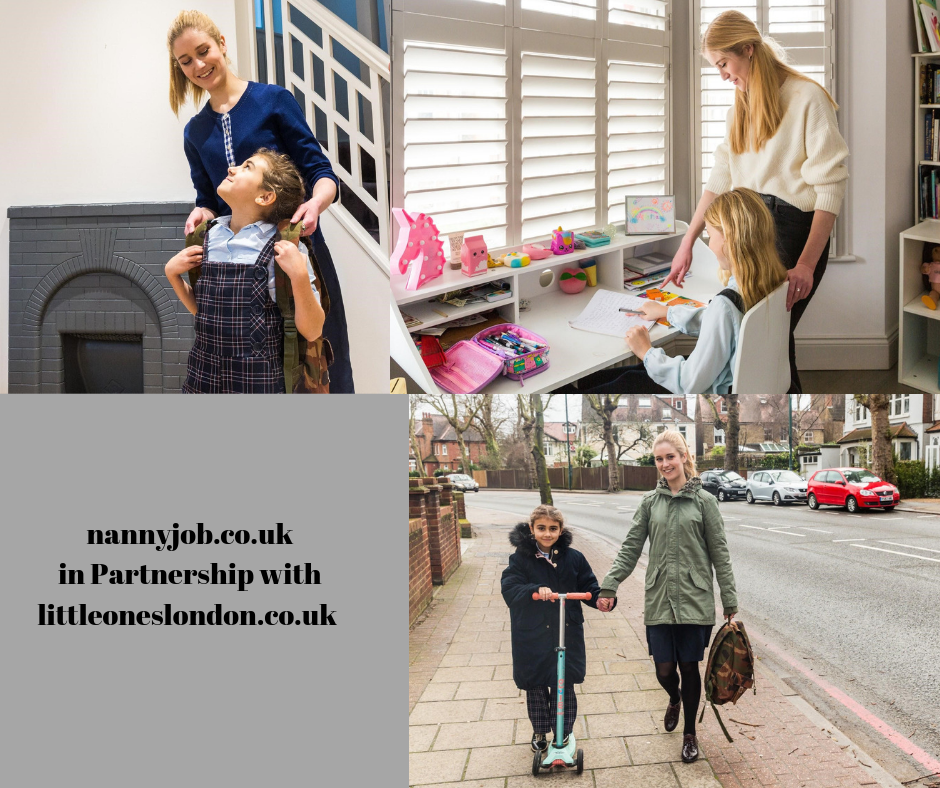And just like that, the summer holidays are over! For some, sending the children back to school couldn’t come any sooner. You’ve faced the high street, waited (patiently!) with your ticket to try on new school shoes, hair has been chopped and styled, new stationary has been bought (for them and you!) and your diary is ready to go… but what about the children. Are they ready? Are they excited and prepared?
It’s easy to assume the children are also ready to go back, see their friends and fit back into the school routine. But what about their emotional readiness? What about the children who are starting at nursery or school for the first time? The ones transitioning to primary or secondary school. Even the difference in classroom, teacher or timetable can be overwhelming for a child.
Transitions work best when a child is prepared. So what can we do to prepare a child for the September ‘back to school’ time in their lives?
Firstly, talk to them. Ask them how they are feeling. Don’t just put the emotions you are feeling into their minds. Really listen to their anxieties, worries and excitements. Break down each one and show them emotional support. Not just at the start of school, but continued throughout their first few weeks, and beyond if needed. Sometimes they won’t want to talk, and that’s ok! Just being there, listening and allowing them the opportunity to open up will give them reassurance.
Another thing you can do to get them involved is with the new term shopping! If they have a say in what bag, coat and shoes they will be wearing, then they are going to show a little more enthusiasm. For young children, finding a school bag with their favourite character on is going to help massively. For older children, it’s ‘fitting in’ with peers, so they will want a say in how they look.
One of the biggest anxieties about starting at a new school can be around friends, or not knowing anyone. To prepare children for this, I always advise trying to find other children also attending the same school (try local social media groups). Planning play-dates before school starts will give them someone they are familiar with. In the first few weeks of term, plan after school tea times together too. This will really help them build on friendships and relationships with other children, and as parents and nannies, also introduce you to other families from the school.
And lastly books! Reading is something that you can do together with your child. Books can help with no end of matters, and school readiness is one of them! Pop along to your local library, find some books about going to school and read them together. Change the words to fit in with the name of your child’s school, or teachers to personalise it, and just spend some time one to one discussing everything around school.
With everything, time helps. Enjoy this period in your child’s life, support them, reassure them and allow them the time to adjust to these new beginnings.
We cover all sorts of transitions that happen in a child’s life, including school readiness in our Early Years Care and Education Course. Please contact Little Ones Training and Education on 0207 112 8057 to find out more!



